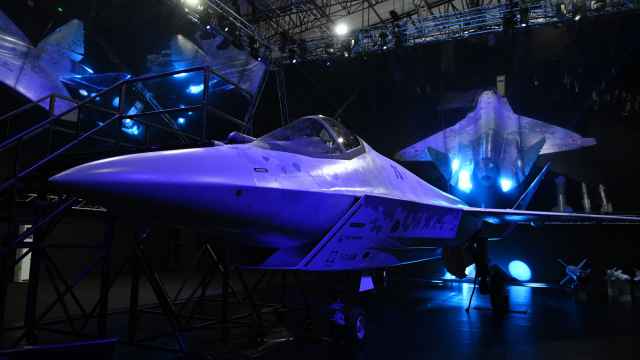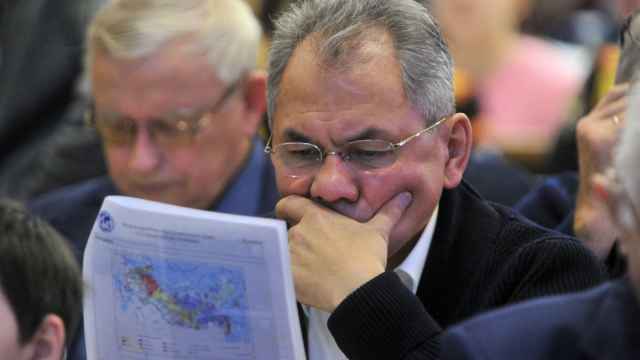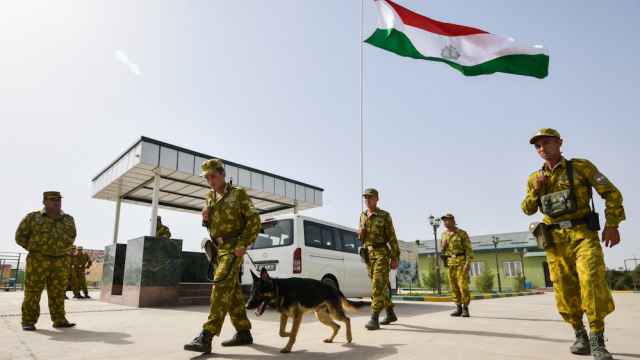Russia has successfully test-fired its highly touted hypersonic cruise missile called Tsirkon in the waters of northwestern Russia, the military said Wednesday.
Chief of General Staff of the Armed Forces Valery Gerasimov reported to President Vladimir Putin on his 68th birthday that the Tsirkon's launch from a guided missile frigate “directly hit” its intended target.
“Yesterday at 7:15 a.m., the Tsirkon hypersonic cruise missile for the first time hit a sea target as part of flight tests,” the state-run TASS news agency quoted Gerasimov as saying. “The launch tasks were completed, the shooting was declared successful.”
The Admiral Gorshkov frigate test-fired the Tsirkon from the White Sea at a target 450 kilometers away in the Barents Sea, the army general said.
The missile traveled four and a half minutes at the hypersonic speed of more than Mach 8 and a maximum altitude of 28 kilometers, Gerasimov said.
He added that the military plans more test launches of the Tsirkon, which Putin unveiled in 2018 as part of a new generation of advanced weapons.
Gerasimov said the Tsirkon will be deployable on submarines and surface ships when tests are completed but did not indicate when the missile will enter service.
Tuesday's test-launch was the second known launch of the Tsirkon this year. In early January, the Admiral Gorshkov test-launched the Tsirkon from the Barents Sea on a ground target in the northern Urals more than 500 kilometers away.
The Tsirkon program began in 2011 and entered the active testing stage in 2015. Previous reporting suggested that the Tsirkon test trials in 2012 were held on board the Tu-22M3 bomber.
Putin has said the Tsirkon ground- and sea-based hypersonic rocket can fly at nine times the speed of sound and hit underwater and ground targets more than 1,000 kilometers away.
Putin warned that Russia would be forced to place hypersonic nuclear missiles on submarines near U.S. waters in response to arms-control tensions. Washington waved off Putin’s warnings as disingenuous propaganda.
A Message from The Moscow Times:
Dear readers,
We are facing unprecedented challenges. Russia's Prosecutor General's Office has designated The Moscow Times as an "undesirable" organization, criminalizing our work and putting our staff at risk of prosecution. This follows our earlier unjust labeling as a "foreign agent."
These actions are direct attempts to silence independent journalism in Russia. The authorities claim our work "discredits the decisions of the Russian leadership." We see things differently: we strive to provide accurate, unbiased reporting on Russia.
We, the journalists of The Moscow Times, refuse to be silenced. But to continue our work, we need your help.
Your support, no matter how small, makes a world of difference. If you can, please support us monthly starting from just $2. It's quick to set up, and every contribution makes a significant impact.
By supporting The Moscow Times, you're defending open, independent journalism in the face of repression. Thank you for standing with us.
Remind me later.






